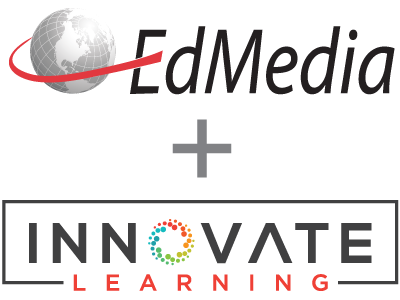
Fostering Epistemic Agency: Strategies for Mitigating Implicit Bias in AI-Enhanced Education
PROCEEDING
Rob Monahan, Amanda MacCormac, James Minogue, North Carolina State University, United States
EdMedia + Innovate Learning, in Brussels, Belgium ISBN 978-1-939797-77-3 Publisher: Association for the Advancement of Computing in Education (AACE), Waynesville, NC
Abstract
This theoretical paper explores the transformative potential and inherent risks of implementing artificial intelligence (AI) in educational settings, particularly through generative models like ChatGPT. This work integrates systems theory, social identity theory (SIT), self-determination theory (SDT), and expectancy-value theory (EVT) with discussion on how AI may perpetuate and amplify biases, affecting educational outcomes, equity, and inclusivity, as well as AI's impact on student identity formation, motivation, and engagement. This paper advocates for strategic interventions to mitigate AI biases and enhance AI literacy among educators and students. It calls for collaborative efforts among educational stakeholders to develop ethical AI tools aligned with inclusive education to ensure that AI serves as a tool for enriching learning experiences. This comprehensive approach aims to harness AI's potential while safeguarding against its risks, fostering an educational environment where technology bridges gaps in knowledge and inclusion, and enhances students' epistemic agency.
Citation
Monahan, R., MacCormac, A. & Minogue, J. (2024). Fostering Epistemic Agency: Strategies for Mitigating Implicit Bias in AI-Enhanced Education. In T. Bastiaens (Ed.), Proceedings of EdMedia + Innovate Learning (pp. 1011-1025). Brussels, Belgium: Association for the Advancement of Computing in Education (AACE). Retrieved August 9, 2024 from https://www.learntechlib.org/primary/p/224622/.
© 2024 Association for the Advancement of Computing in Education (AACE)
Slides
- EdMedia 2024 Brussels.pptx (Access with Subscription)
